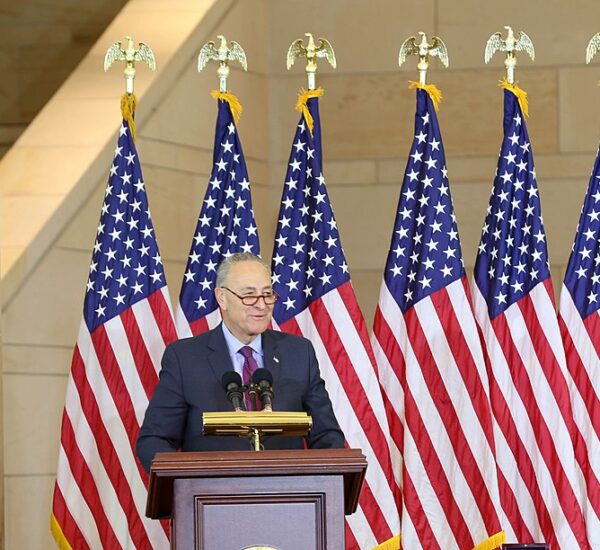Trump Losing Female Voter Support?
Republicans are growing increasingly concerned about former President Donald Trump’s declining support among female voters, with recent polls indicating a significant and widening gender gap. This shift presents a formidable challenge as Trump attempts to recover his standing.
Republican pollster Whit Ayres underscores the difficulty Trump faces in bridging the substantial gap between himself and Vice President Kamala Harris among women. He points out, “The real challenge for Republicans is whether they can perform well enough with male voters to offset the deficits among women.” With abortion rights dominating this election and Trump’s previous remarks on women still under scrutiny, the conventional gender gap appears to be expanding into a more substantial divide.
Recent polling data from ABC News/Ipsos shows Harris leading Trump among women by a margin of 54 percent to 41 percent. Meanwhile, Trump holds a narrower edge among men, 51 percent to 46 percent. This marks a significant change from earlier in the campaign when Harris’s lead was a mere 6 points. Another poll by Reuters/Ipsos reflects a similar trend, with Harris holding a 13-point advantage among women and Trump’s lead among men being less pronounced. Nationwide, Harris has a 4-point overall lead.
In an effort to win over female voters, Trump has adjusted his stance on several issues. He has softened his position on abortion and endorsed free in vitro fertilization (IVF) treatments. However, these shifts have met with backlash from anti-abortion conservatives, and many GOP strategists are skeptical about their effectiveness in winning back women who have distanced themselves from Trump.
The impact of Trump’s declining support among women is evident even within the Senate GOP, where influential Senators Susan Collins and Lisa Murkowski have publicly stated they will not vote for him. This is particularly critical given their potential role as swing votes in the next Congress.
Trump’s recent criticism of Florida’s six-week abortion ban and his subsequent reversal on the issue have drawn mixed reactions, further complicating his efforts to address female voters’ concerns. His support for IVF has also faced criticism from allies like Senator Lindsey Graham, who warned that such proposals could set a problematic precedent.
Despite retaining an edge among male voters, Trump faces an uphill battle due to the heightened focus on abortion rights and women’s healthcare issues. Ayres notes that Trump’s efforts to address these issues will be tested in the coming months.
Some GOP strategists suggest that Trump should pivot away from divisive abortion debates and instead focus on economic issues that appeal to women, such as inflation and cost of living. Ron Bonjean, a GOP strategist, advises that emphasizing these practical concerns could help Trump regain some lost support among female voters.
The Trump campaign has recently highlighted the negative effects of Harris’s policies on women’s financial well-being and safety, positioning Trump’s economic and border security policies as more favorable alternatives. Karoline Leavitt, the Trump campaign’s national press secretary, has pointed out the rising costs under Harris’s leadership as a key issue.
Ultimately, Trump’s ability to address the gender gap effectively and navigate the current political landscape will be crucial. Shifting focus to economic issues might offer a pathway to regaining female voters, but the success of this strategy remains uncertain.






